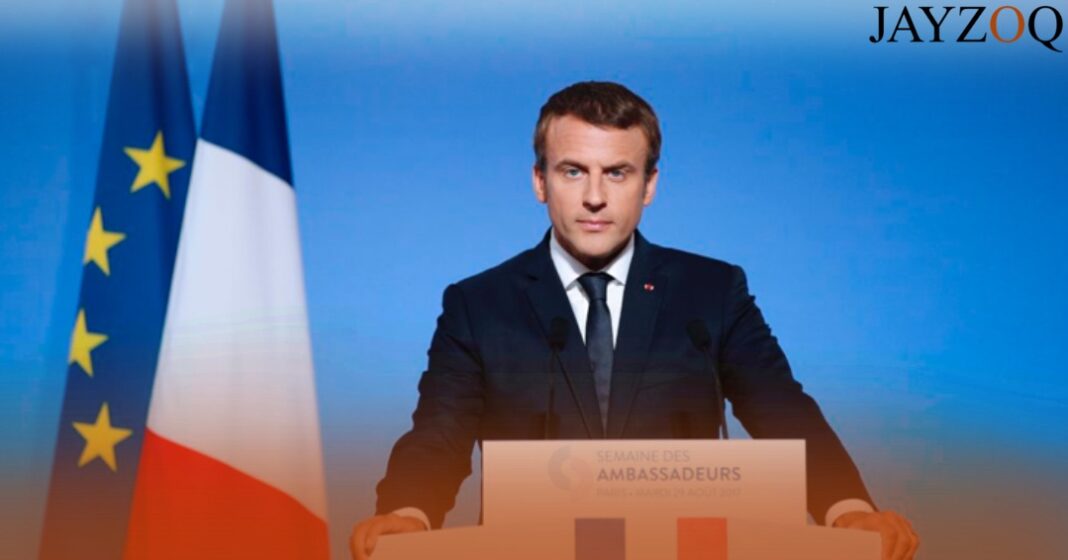While the rest of the world continues its determined and relentless struggle against Covid-19, France has found itself as the centre of another crisis. However, this state of rising tension and panic is not something new to the people of France, it has a long and deep-rooted history. While it is difficult to find the exact origin of the conflict, given France’s colonial past and imperialist foreign policy, it is self-evident that the Charlie Hebdo shooting of January 2015 opened a new chapter of conflict within France.
So what is Charlie Hebdo and what role does it have in generating the current situation in France? Charlie Hebdo is perhaps most misjudged in its aim. For the far-right (The National Rally), it stands as an eternal symbol of resistance against Islamization of France but for the Muslims, it is a bigoted magazine that aims to ignite hatred towards Muslims around the world. However, Charlie Hebdo was found in 1970 on very different principles. It is a French satirical magazine that features cartoons and articles. The fundamental aim of the magazine is to portray world issues and power in such a rebellious manner that it truly challenges norms and breaks social taboos. This act of rebellion ranges anywhere from ridiculing the far right to religious or world leaders.
In 2005, a Danish newspaper, Jyllands-Posten printed 12 cartoons depicting the Prophet Mohammad with the intention of challenging the limits of free speech. Portraying the Prophet Mohammad in any cartoon or image is not allowed in Islam. Therefore, the publication sparked a massive outrage within Muslim countries leading to worldwide protests and a boycott of Danish goods. Charlie Hebdo republished the cartoons while adding some of their own in 2006, as an act of solidarity with the publication and commitment to liberty of expression. The republication ignited a series of death threats and violent attacks such as the fire-bombing of the office. The magazine’s resilient commitment to defy suppression of speech and the growing emotions of shock and anger among the Muslim world provided perfect nourishing grounds for a calamity that shook France to its very core and formed the basis of its current crisis.
On 7th January 2015, two Algerian French brothers entered the office building and killed 11 staff members including journalists and a security guard. In a phone interview they claimed to be sent by al-Qaeda in the Arabian Peninsula (AQAP) to avenge the Prophet. Eventually, they were shot dead after an eight-hour standoff involving hostages and 17 deaths. Following the attack, the streets of Paris were filled by an estimated million people and 60 world leaders who marched hand in hand as a show of solidarity while the streets of Paris echoed with “Je suis Charlie” ( I am Charlie). The attack received worldwide condemnation.
In an interview with Vice, Cartoonist Luz, the only surviving cartoonist of the magazine defended the decision to publish the caricatures, saying, “Humor doesn’t kill anyone. We can’t be prisoners of the sense of humor of others”.
The Prime Minister of France, Emmanuel Macron reignited this old flame of societal division when he denounced the brutal killing of a secondary school teacher, Samuel Paty. Samuel, in his presentation on freedom of expression, presented two cartoons of the Prophet from Charlie Hebdo. On October 16 2020, he was beheaded by an 18 year old with a butcher knife. Additionally, a Tunisian immigrant killed three Christians at prayer in Nice with a knife reportedly fueled by the same religious animosity. Macron vigorously defended freedom of expression and accused it of being an attack on “the republic and its values”. Macron condemned the attacks as “a typical Islamist terrorist attack” claiming that “Islam is a religion that is in crisis today all over the world “. To say that this authoritative choice of words sparked an outrage would be an understatement.
The Turkish President Recep Tayyip Erdogan in a speech berated Macron saying,“Macron needs mental health treatment” and called upon fellow Muslim countries to join a general boycott of French products. This list of general boycott and overall condemnation of ‘Islamophobia’ is joined by countries such as Jordan, Kuwait, Pakistan, Egypt and Iran. While it remains uncertain if the boycott would actually follow or would be another failure like the Danish boycott, it certainly has managed to invoke the response of the French foreign minister who called for an end to the boycotts.
It remains undeniable that Frances’ imperialist foreign policy is a major factor in igniting the flames of division between these ‘two civilizations’, as seen in the Paris attacks in which ISIL blamed Frances’ foreign policy in Muslim countries as the cause for revenge. However, if the people of a nation are guilty of the crimes of their state, then not many remain innocent, and if freedom of expression is not but also the ability to offend someone, then not much remains to be said.







